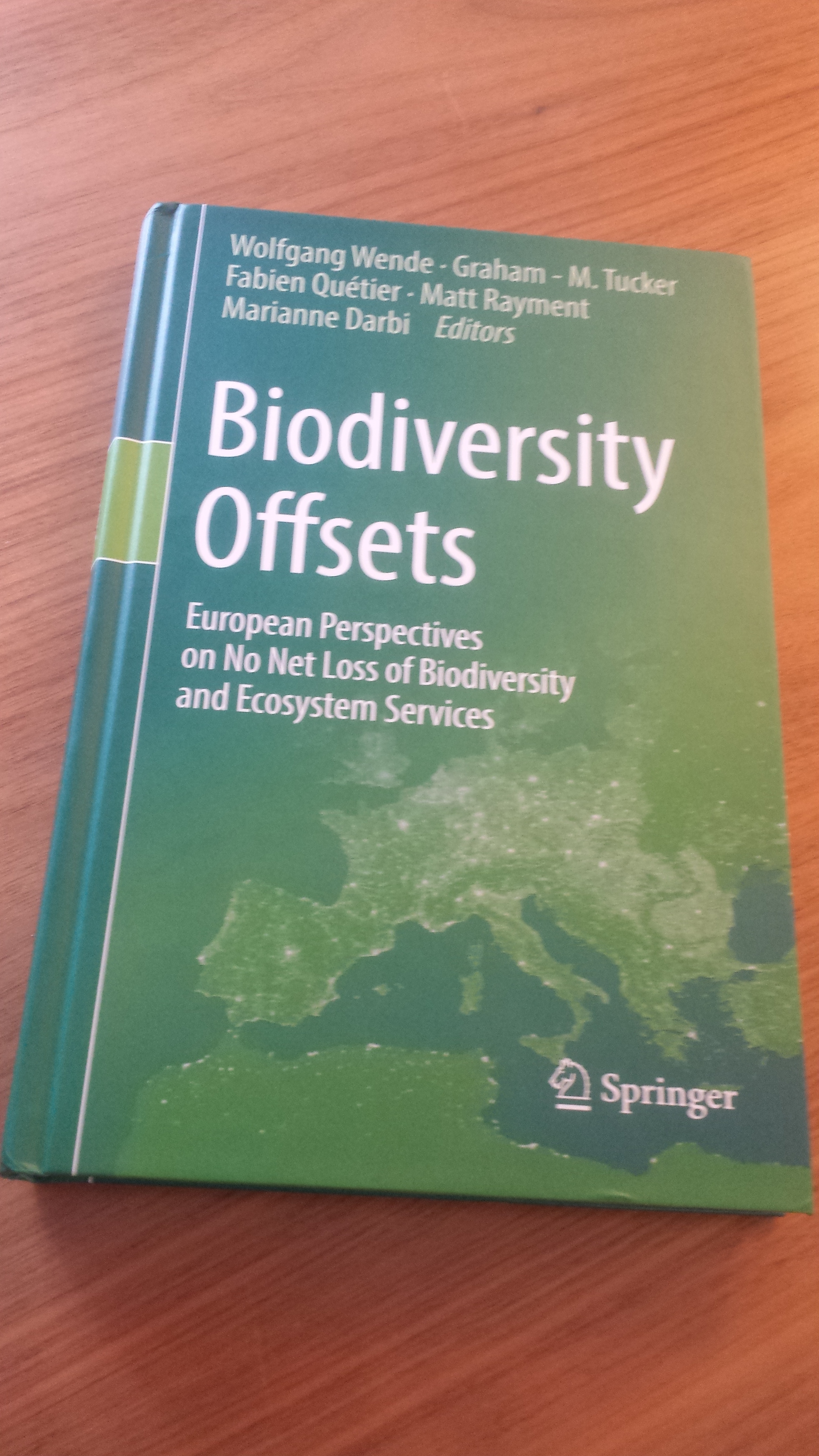CEP commissioned by Defra to investigate how local delivery of environmental outcomes can help to achieve the goals of the Government’s 25 Year Environment Plan.
The Government’s 25 Year Environment Plan provides a guiding framework for achieving the goal of improving the environment within a generation. Embedding local delivery is essential to the success of the plan. CEP is leading a research project to understand how government can best support local organisations and partnerships to work together to protect and enhance important environmental assets and resources, whilst supporting their own needs and ambitions.
The project has two phases: Phase 1 is gathering evidence about models and approaches for local integration and leadership currently in use and under development, examples of good practice and information on the factors that facilitate or hinder the achievement of good environmental outcomes and shape the relationships among local delivery bodies and Defra. This phase includes an evidence review, four case studies and interviews with stakeholders. Building on these findings, in Phase 2 the project will carry out an online survey and work with practitioners to develop tools and approaches to enhance local delivery and implementation of the 25 Year Environment Plan.
The project is a collaboration between CEP, the New Economics Foundation (NEF) and the Ecosystems Knowledge Network (EKN). The project runs for the duration of 2018. For more information, please contact CEP’s Project Manager (Paula Orr) or CEP’s Project Co-ordinator (Sian Morse-Jones).



